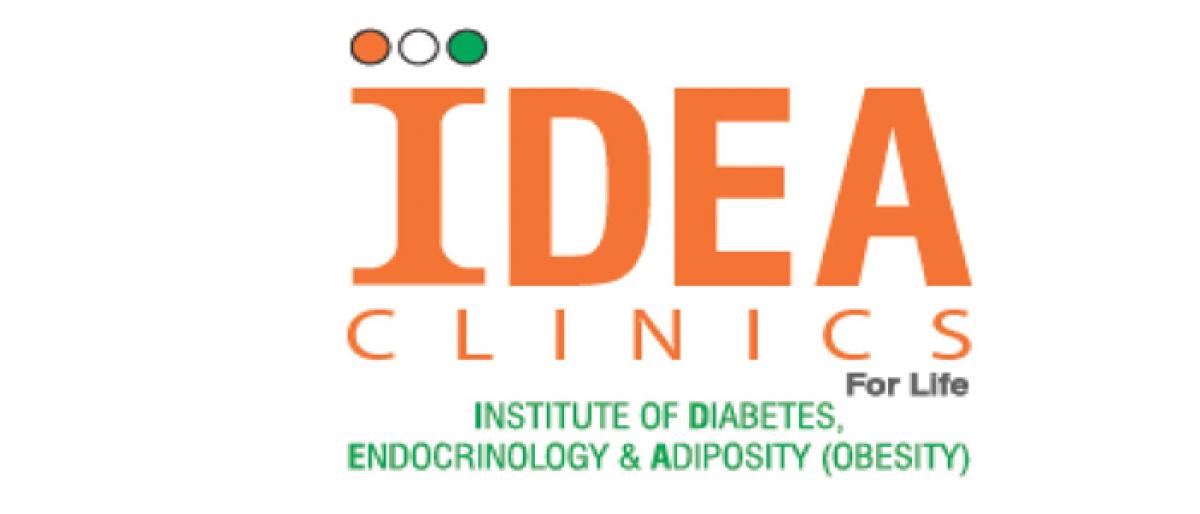Idea Clinics can bring in change

There are currently over 200 million women across the globe living with diabetes and this total is projected to increase to 313 million by 2040 Gender roles and power dynamics influence vulnerability to diabetes, affect access to health services and health seeking behaviour for women, and amplify the impact of diabetes on women
There are currently over 200 million women across the globe living with diabetes and this total is projected to increase to 313 million by 2040. Gender roles and power dynamics influence vulnerability to diabetes, affect access to health services and health seeking behaviour for women, and amplify the impact of diabetes on women.
In India, diabetes population hovers between 5.8 per cent and 8 per cent for both women and men respectively as per the latest National Family Health Survey-4, it will soon touch double digit prevalence. The more worrying feature for Indians is that diabetes is now appearing in under 30s unlike in the USA and UK, where it is usually seen in those above 50s.
Diabetes is the ninth leading cause of death in women globally, causing 2.1 million deaths each year. As a result of socioeconomic conditions, girls and women with diabetes experience barriers in accessing cost-effective diabetes prevention, early detection, diagnosis, treatment and care, particularly in developing countries.
Socioeconomic inequalities expose women to the main risk factors of diabetes, including poor diet and nutrition, physical inactivity, tobacco consumption and harmful use of alcohol.
Two out of every five women with diabetes are of reproductive age, accounting for over 60 million women worldwide. Women with diabetes have more difficulty conceiving and may have poor pregnancy outcomes. Without pre-conception planning, type 1 and type 2 diabetes can result in a significantly higher risk of maternal and child mortality and morbidity.
Approximately one in seven births is affected by gestational diabetes (GDM), a severe and neglected threat to maternal and child health. Many women with GDM experience pregnancy related complications including high blood pressure, large birth weight babies and obstructed labour. A significant number of women with GDM also go on to develop type 2 diabetes resulting in further healthcare complications and costs.
While diabetes among men in metros as per NFHS-4 is led by Kolkata (22.2%), followed by Mumbai (14%), Bengaluru (10.9%), Chennai (9.3%), Delhi (9.3%) and Hyderabad (8.3%) respectively.
Where as in women among the metros, those topping the charts include Mumbai (11.8%), Chennai (9.7%), Hyderabad (9%), Kolkata (8.5%), Bengaluru (8.3%) and Delhi (4.8%) respectively.
If preventive steps are not taken on time, the young Indian diabetic population stands the risk of facing diabetes induced heart attacks, kidney failures, blindness, sexual problems and foot amputations, leave alone premature deaths.
This is where Idea Clinics – a dedicated chain of diabetes treatment centres formed by super specialist professionals in the field - come into the picture with a single-point vision to reduce the burden of these hugely prevalent conditions on the nation.
It aims to provide complete care with screening for complications and provide telemedicine and home-care services by a dedicated team of endocrinologists – a group of super-specialists who are fully trained in diabetes and hormone health. Incidentally, Idea Clinics is the only institute across India with the highest number of endocrinologists and professors under one organisation.









